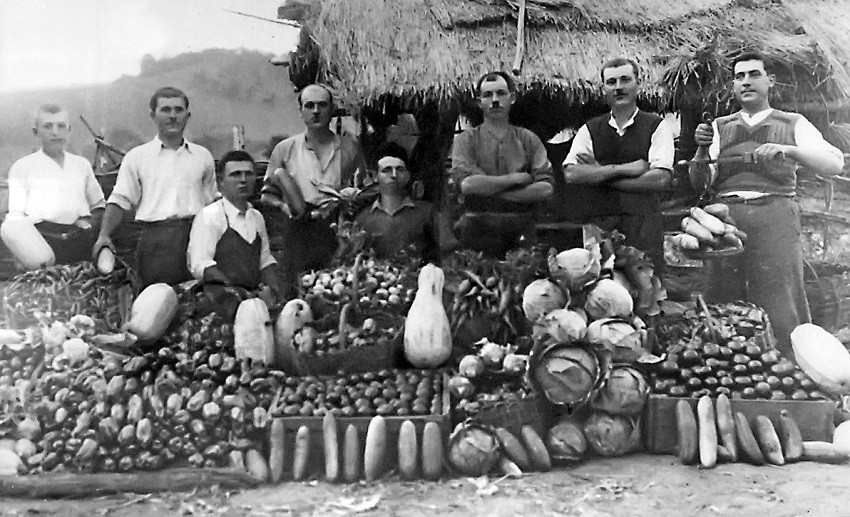
A unique creative workshop "A Small Seed of Kindness" will open its doors on Palm Sunday, and its place is even more special - Garden "Inspiration" in the town of Bozhurishte near the Bulgarian capital. "I love coming here. Look at the smiles of..
The opportunities for high-quality higher education in French in Bulgaria will be presented during an educational exhibition in Skopje. The event is part of the campaign "Continuons en français - let's study in French in Bulgarian..
April 8 is the day when Roma people around the world celebrate their identity. " International Roma Day is a time to show that we are part of the Bulgarian nation, of the European community and contribute to the development of local, but also global..
Students block the entrances to the Radio and Television of Serbia For 12 days now, students and citizens have been blocking the entrances to..
Cambridge Day 2025 - one of the leading events for English language teachers in Southeast Europe - takes place today at the Balkan Hotel in Sofia. For..
A new book "Bulgarian communities in Albania and Kosovo. Socio-political processes and demographic consequences (1913-2024)" was..

+359 2 9336 661
